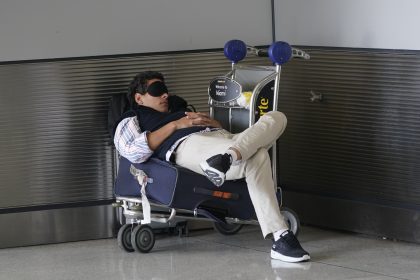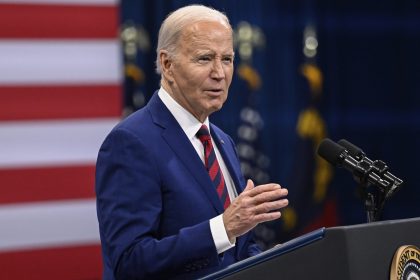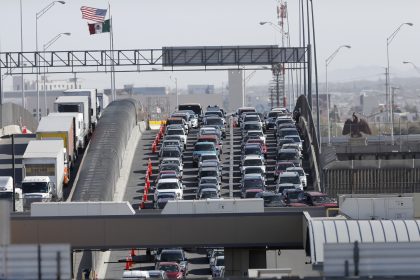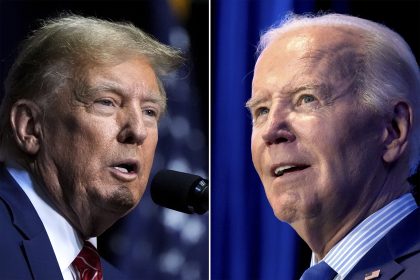Workers With Poor ‘Well-being’ More Likely to Experience Chronic Conditions

WASHINGTON — Working adults who suffer from “poor well-being” are twice as likely as their “high well-being” counterparts to report coming down with a new chronic condition, according to a new analysis by Gallup.
While the analysis itself on first read appears to harken back to the “new age” era of the early 1990s, the findings have some serious present-day implications.
Projected over the entire full-time U.S. workforce, and measured over the 36-month period the researchers used as one of their matrixes, employees with a lower sense of well-being would add an estimated $101.5 billion more in new annual health care costs by the end of three years than if all workers had a sense of overall, holistic well-being.
For the purpose of its study, Gallup focused on what it called “five essential elements” of well-being.
These were, in no particular order: Career well-being, social well-being, financial well-being, physical well-being and community well-being.
After assessing a test population of workers in terms of their well-being over successive surveys, researchers then tracked disease diagnoses in the same population.
Specifically, they looked at diagnosis of high blood pressure, high cholesterol, diabetes, depression, anxiety, back pain, insomnia and suffering a heart attack.
The new incidence rates, therefore, are based on reports of newly diagnosed disease states in the 36 months following the initial well-being measurement.
In the end, they said, workers with poor well-being (defined as having high well-being in one or none of the five elements) developed 450 new chronic conditions per 1,000 persons three years after being initially interviewed.
Those workers with inconsistent well-being (i.e., high wellbeing in two to four of the elements) added 330 new chronic conditions per 1,000 persons over the three-year period.
Those workers with holistic well-being (i.e., high well-being in all five elements) added 230 new chronic conditions per 1,000 persons over three years.
As such, out of every 1,000 full-time working adults with either poor or inconsistent well-being, the increased odds of developing or experiencing new diseases or medical conditions are associated with an extra 159 chronic conditions over the 36-month measurement period than what would otherwise be expected if all 1,000 workers had holistically high well-being.
The results are based on two surveys of the same 3,654 U.S. working adults administered over a three-year period as part of the Gallup Panel.
Gallup’s researchers say they isolate the impact of well-being on disease diagnoses by controlling for the effects of other factors associated with health: age, annual household income, education, gender, race, ethnicity and marital status, as well as the number of studied conditions already present at the onset of the 36-month experiment period.
Even among high-well-being individuals, the odds of adding new disease states grow with aging. But these chances are elevated among lower-well-being individuals, resulting in incremental increases in disease states and costs that would not otherwise be expected if all had holistic well-being.
Nationally, 9% of working adults have holistic well-being, compared with 47% who have inconsistent well-being and 44% who have poor well-being, the study said.
Out of every 1,000 full-time workers, poor well-being was associated with 220 new diagnoses in the 36-month period, while inconsistent well-being was associated with another 100 new diagnoses than what would otherwise be expected if all had holistic well-being.
Assuming 132.5 million full-time American workers, this amounts to an estimated 19.1 million new chronic conditions across the entirety of the U.S. full-time working population in the three years as a function of poor or inconsistent well-being at the beginning of that period.
All of this has profound implications for the cost of health care in the U.S.
In 1960, Gallup said, health spending was 5% of the U.S. Gross Domestic Product — rising to 18.3% in 2021, with national health expenditures swelling to $4.3 trillion, or $12,914 per person.
According to the Centers for Disease Control and Prevention, at least 75% of health care spending is for preventable chronic conditions, and life expectancy in the U.S. is falling amid surges in these chronic illnesses.
The economic impact of disease burden extends beyond health care costs and includes workplace productivity, the researchers said.
Prior Gallup research has linked above-normal weight and associated chronic conditions among workers to $153 billion in unplanned absenteeism, which projects to $209 billion in lost productivity in 2023 dollars.
The report concludes by stating that helping the nation’s workers achieve a greater sense of well-being will result in tens of billions in health care savings annually.
Dan can be reached at [email protected] and at https://twitter.com/DanMcCue

























